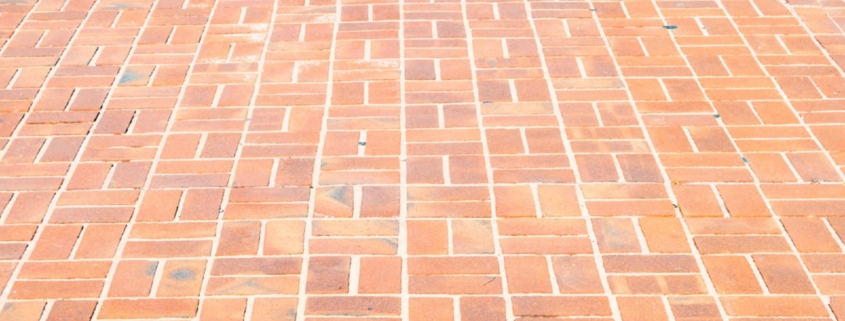Challenges and Solutions in High-Rise Building Construction 5896
As an expert in construction, understanding the importance of building energy-efficient properties is paramount. This article explores the processes to construct such an eco-conscious dwelling.
The first step in building an energy-efficient property is designing the structure. It’s essential to consider the orientation, layout, and size of the building. Optimally, the home should face south to maximize natural light and heat, reducing the reliance on artificial heating and lighting. Furthermore, the layout should facilitate natural ventilation, reducing the need for air conditioning. By designing a compact and efficient layout, you can minimize the amount of materials needed and reduce energy loss.
The next step is to select durable materials. Green materials such as recycled steel, bamboo, cork, and reclaimed wood not only reduce the environmental impact of construction but also contribute to the building’s overall energy efficiency. Additionally, using insulation materials like cellulose or sheep’s wool can significantly reduce heat loss, making the home more energy-efficient.
Installing green systems is another crucial step. This includes photovoltaic systems for electricity generation, solar water heaters or heat pumps for domestic hot water, and energy-efficient appliances. Additionally, consider installing a rainwater harvesting system or a greywater recycling system to conserve water. These systems not only reduce the building’s environmental footprint but also lead to significant cost savings in the long run.
The final step in constructing an eco-friendly property is to ensure proper air circulation. This can be achieved through strategic placement of windows and doors, use of ventilated facades, and installation of energy recovery ventilation systems. Proper ventilation not only improves indoor air quality but also helps regulate indoor temperatures, further enhancing the property’s energy efficiency.
In conclusion, building an sustainable property involves careful planning, selection of eco-friendly materials and systems, and proper ventilation. With these steps, you can not only reduce your environmental footprint but also enjoy a comfortable, healthy, and cost-effective living environment. It’s a win-win situation for both you and the environment.
For more details, check best Roof Repair Services Dublin or visit their Roof Repair Services Dublin business listing here.



